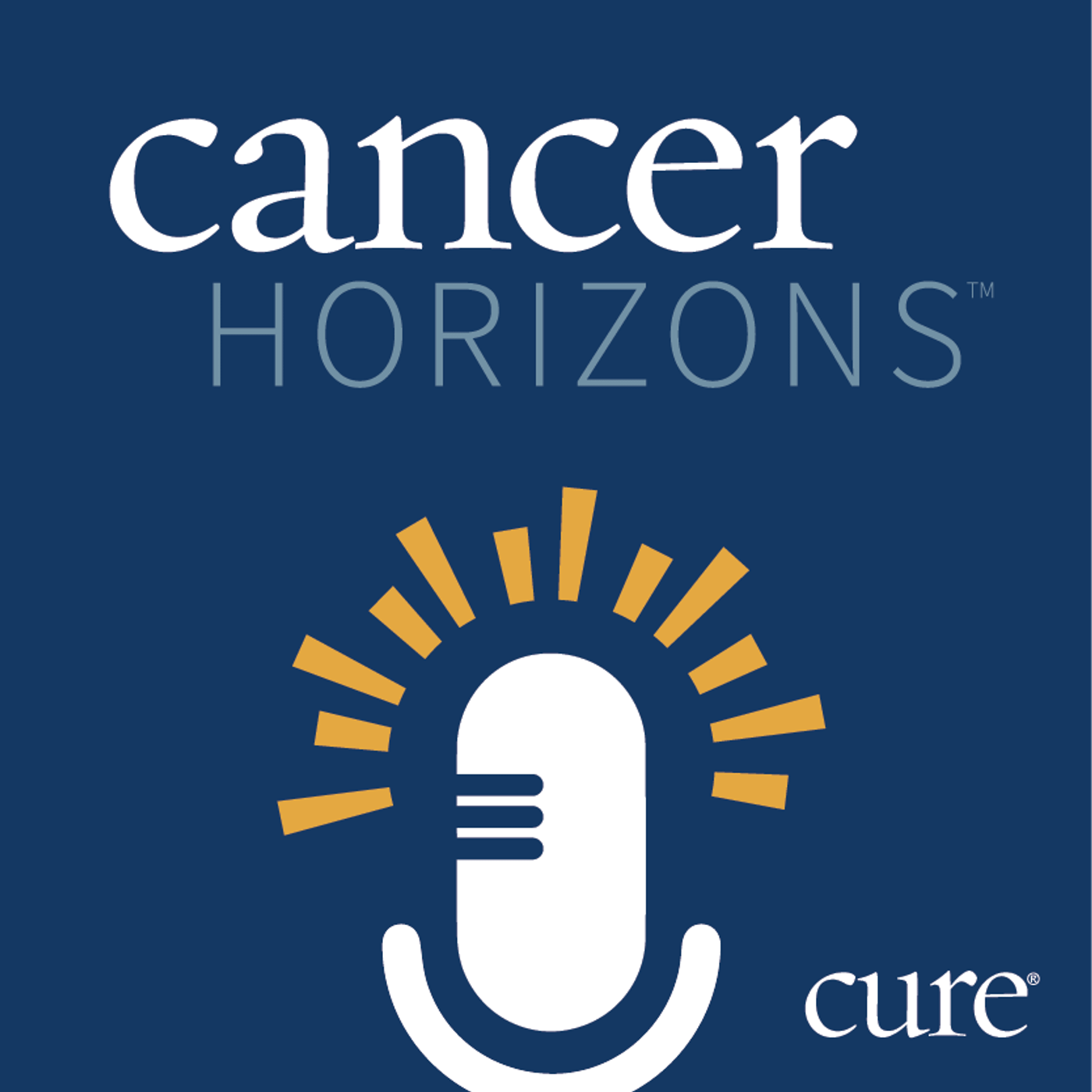- After-Shows
- Alternative
- Animals
- Animation
- Arts
- Astronomy
- Automotive
- Aviation
- Baseball
- Basketball
- Beauty
- Books
- Buddhism
- Business
- Careers
- Chemistry
- Christianity
- Climate
- Comedy
- Commentary
- Courses
- Crafts
- Cricket
- Cryptocurrency
- Culture
- Daily
- Design
- Documentary
- Drama
- Earth
- Education
- Entertainment
- Entrepreneurship
- Family
- Fantasy
- Fashion
- Fiction
- Film
- Fitness
- Food
- Football
- Games
- Garden
- Golf
- Government
- Health
- Hinduism
- History
- Hobbies
- Hockey
- Home
- How-To
- Improv
- Interviews
- Investing
- Islam
- Journals
- Judaism
- Kids
- Language
- Learning
- Leisure
- Life
- Management
- Manga
- Marketing
- Mathematics
- Medicine
- Mental
- Music
- Natural
- Nature
- News
- Non-Profit
- Nutrition
- Parenting
- Performing
- Personal
- Pets
- Philosophy
- Physics
- Places
- Politics
- Relationships
- Religion
- Reviews
- Role-Playing
- Rugby
- Running
- Science
- Self-Improvement
- Sexuality
- Soccer
- Social
- Society
- Spirituality
- Sports
- Stand-Up
- Stories
- Swimming
- TV
- Tabletop
- Technology
- Tennis
- Travel
- True Crime
- Episode-Games
- Visual
- Volleyball
- Weather
- Wilderness
- Wrestling
- Other
Musician Andrew McMahon on Setlists, Surfing and Surviving Cancer
For Andrew McMahon, a singer-songwriter and cancer survivor, the act of forgetting an anniversary was a good thing.
Alongside his band, Andrew McMahon and the Wilderness, he was set to play the inaugural Adjacent festival on the beach in Atlantic City, New Jersey on May 27, part of a daily lineup that included Paramore, Jimmy Eat World and Bleachers.
The date of the festival coincided with a landmark moment in his cancer journey, which began in 2005. Before the end of a tour as part of Jack’s Mannequin, he received a diagnosis of acute lymphoblastic leukemia (ALL), for which he eventually underwent treatment with chemotherapy, radiation and a stem cell transplant.
“About an hour and a half before the show, I'm working on the setlist,” McMahon told CURE®. “And every day, I do the setlist and then at the top of the setlist I put the city and the date. And I asked somebody, like, ‘What's the date today?’ And they said, ‘It's the 27th,’ then as I'm typing the date, I realize, ‘Oh, that's the anniversary of when I was put in the hospital.’
“And we were in Atlantic City, and I had been between New Jersey and New York when I did the initial blood work that ended up leading to my hospitalization and eventually my diagnosis. Historically, that has been a very fraught anniversary for me. In the early years … even when I wouldn't realize the anniversary was coming up that weekend, inevitably, I was a mess. … So, being in a place now where I can actually forget those anniversaries, like they can almost pass me by and there's no trigger there, I'm on a healthy footing and that's pretty miraculous.”
McMahon founded the Dear Jack Foundation in 2006. The organization supports young adult cancer patients and survivors “through programs that provide support and community to a demographic far too often forgotten,” according to the Dear Jack Foundation website.
In this episode of the “Cancer Horizons” podcast, McMahon speaks with CURE® about life nearly 20 years after receiving his cancer diagnosis, shares the advice he has for patients who have recently received a diagnosis of their own and discusses his newfound love of surfing.
“The beauty of surfing is that you just have to you take what you get, right? A lot of it is about learning how to understand what the natural environment around you is doing and then using that to get yourself into just about the greatest feeling that you can have on Earth, which is riding a wave,” McMahon said. “And so, I think it's been very good for me in the sense that it has really hammered home how valuable and how important it is to commune with the natural world.
“And it's also one of just the very few spaces I can think of where whatever's happening in my life and whatever's going on in my business, or things that I might be worried about or afraid of, or whatever, I just don't carry those things into the water with me. And it's not really a conscious thing. It's just once I'm there, you're just present. And I definitely, at this stage of my life — I've always been pretty good about keeping the phone at bay, and I'm not a huge social media guy, I'm not so plugged in, but I'm way more plugged in than I have ever been in my life — having a space where nobody can reach me and I can just do something that so akin to just play playing, I think as adults we don't play as much as we ought to is really good for the brain and I've found a lot of peace in the water for sure.”
For more news on cancer updates, research and education, don’t forget to subscribe to CURE®’s newsletters here.

